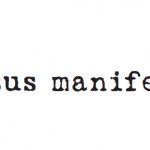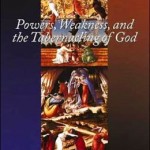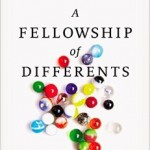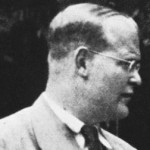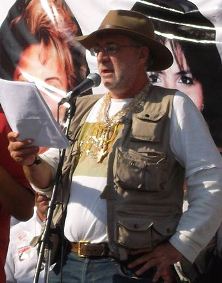 Continuing the series on “Slow Church and the Urgency of Justice” today. This is the fifth post. (Link goes to the initial post in the series). Previous post: Engaged with our Neighbors’ Struggles Against Injustice.
Continuing the series on “Slow Church and the Urgency of Justice” today. This is the fifth post. (Link goes to the initial post in the series). Previous post: Engaged with our Neighbors’ Struggles Against Injustice.
In our last post in this series, I emphasized that working toward justice begins in our local neighborhoods. There is a great danger in trying to address injustices in the abstract. Our efforts to address injustice in the abstract often (unintentionally) results in great damage in real situations.This truth is one that Mexican poet Javier Sicilia knows all too well. In 2011, Sicilia lost his 24-year old son Juan Francisco who was shoot in the crossfire of Mexico’s ongoing war on drugs. Less than a year after his son’s death, the poet spoke these poignant words in an interview with YES! magazine:
[The drug war] is caused by puritan mentalities: like those of [Mexican President Felipe] Calderón and [former U.S. President George] Bush. In the name of abstractions—the abstraction of saving youth from drug addiction—they have brutally assassinated thousands of young people, while transforming others into delinquents.
Albert Camus spoke a terrible truth. “I know something worse than hate: abstract love.” In the name of abstract love, in the name of God and Country, in the name of saving the youth from the drug, in the name of the proletariat, in the name of abstractions, our politicians and war policy makers have committed the most atrocious crimes on human beings, who are not abstractions, who are bones and flesh. That is what our country is living and suffering today: in the name of an abstract goodness, we are suffering the opposite: the horror of war and violence, of innocents dead, disappeared, and mutilated.
Addressing causes in the abstract leaves us vulnerable to the temptation of “by any means necessary” logic. We live in an interconnected creation, and taking on the rhetoric of by any means necessary, virtually assures that we will inflict violence on some part of creation (and usually some human part of creation). If we long to see the just shalom of God’s kingdom, then our means must fit our ends. In a familiar passage of Ephesians 6, Paul emphasizes that our struggle is not against flesh and blood, but against the powers of “this present darkness.” Furthermore, these powers of death and darkness have already been conquered in the life, death, resurrection and ascension of Jesus. Marva Dawn, in her profound book Powers, Weakness and the Tabernacling of God, notes that as a result of Christ’s victory over the powers: “our political involvement operates not from the need to change things, but from the desire to make clear what really is the case.” Because of our faith in Christ’s victory over the powers, we can live with love and respect for all real, flesh and blood humans, even those we perceive as enemies.
In the coming posts, I will trace Marva Dawn’s compelling argument from the above book (that follows the text of Ephesians 6) for how we are to be engaged in the struggle against the powers.

